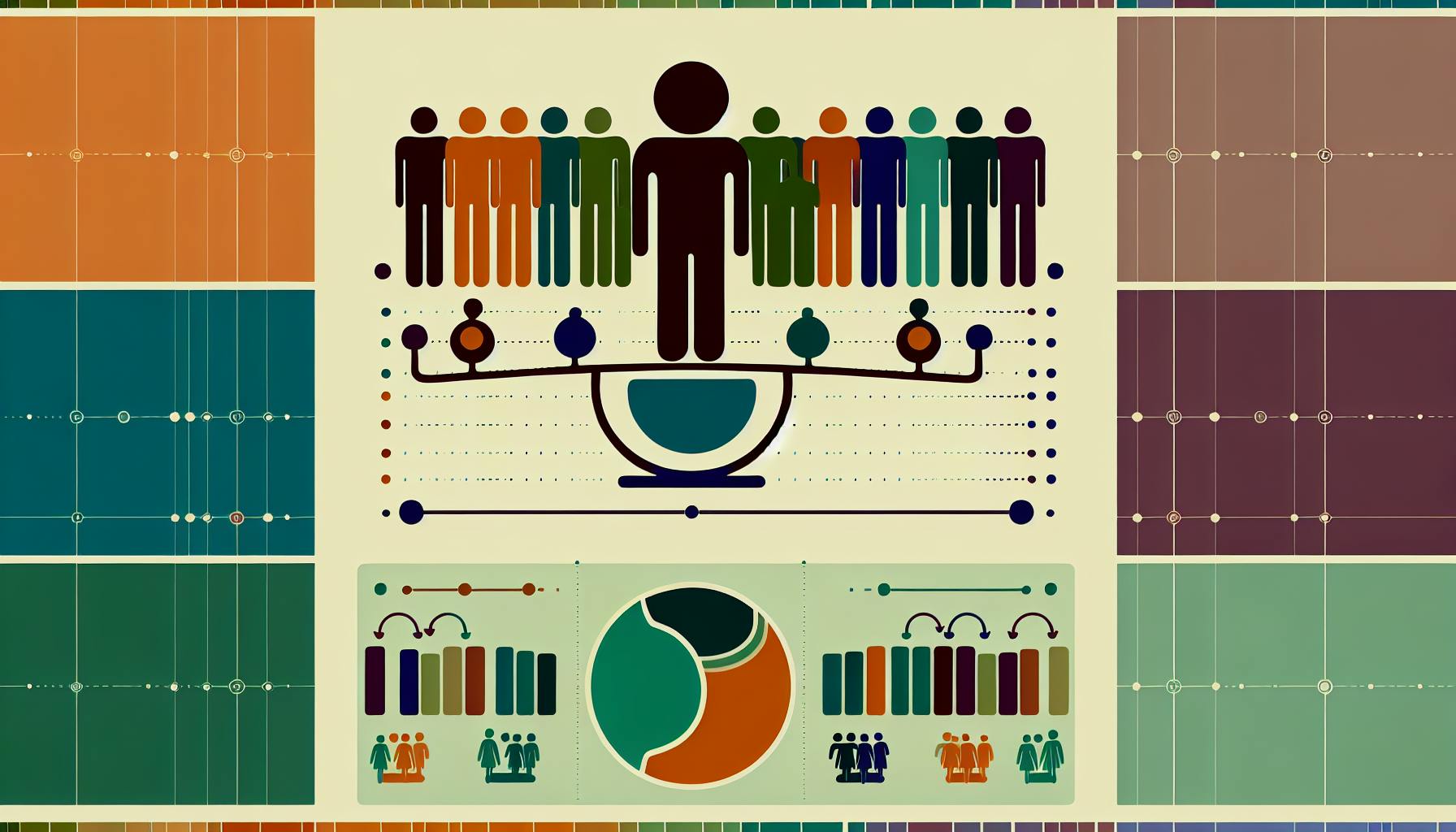When Steve Browne walks into a LaRosa’s pizzeria, he doesn’t sit in the back office or ask for sales reports. He’s there to talk to the 18-year-old cook, the 25-year-old hostess, and the driver just finishing their shift. He’s not checking boxes or giving a lecture—he’s asking how they’re doing and listening for what really matters.
And that’s exactly why his approach to HR is worth paying attention to.
Work is changing fast, and HR needs to change with it. Instead of focusing so much on policies and procedures, it’s time to put people at the center. Steve Browne has spent more than 30 years doing just that—building a people-first approach that he’s brought to life at LaRosa’s. His way of leading shows exactly how HR can build trust, keep great employees, and create a workplace people actually want to be part of.
From “Shhh, It’s HR” to “Steve’s Coming!”
When Steve started at LaRosa’s almost two decades ago, he didn’t inherit an easy role. HR had a reputation—one many of us in the field can relate to. People would whisper “shhh, it’s HR” when he walked in. Not because he was doing anything wrong, but because HR had become the department you only dealt with when there was a problem.
So, what did he do? For the first three months, his boss told him: no new ideas—just meet people.
And that’s exactly what he did. He drove from location to location, meeting every employee he could. He didn’t walk in with an agenda or clipboard. He asked about people’s lives, interests, and stories. He met them where they were—literally and emotionally.
That shift alone—treating people like people, not just employees—began to rebuild trust.
A Culture Built on Celebration, Not Surveillance
One of the most heartwarming stories Steve shared was about how LaRosa’s celebrates anniversaries. Instead of mailing a pin or sending a generic email, Steve shows up in person. He thanks team members during their shift, in front of their peers, where they work.
It’s not a corporate video. It’s not a form letter. It’s human.
He jokes that every manager used to try to feed him when he showed up—“I can’t eat pizza three times a day,” he laughs—but that was their way of showing pride. Just like a child showing off a messy drawing, employees were saying, “Look what I made.”
That emotional connection? That’s culture.
Why HR Needs to Be Out in the Field
Steve made a powerful point during our conversation: “You’ll learn more in the hallway than you will behind your desk.”
That’s not just a nice idea. It’s a call to action for HR leaders everywhere.
Too often, HR becomes isolated—stuck in compliance work, spreadsheets, and processes. And while those tasks matter, they should never take the place of connection.
At LaRosa’s, Steve and his team flipped the script. They introduced one-on-one conversations that focused on real-life pinch points, not just performance metrics. They started measuring the time leaders spent on people issues—one GM admitted it was 98% of their day.
Yet all their feedback and coaching was still focused on the numbers.
So, they made a change.
They started by meeting managers where they are—focused on people—and brought the numbers into that context. Not the other way around.
Wait...Did Steve Just Say to Burn Your Desk?
Yes. Yes, he did.
It’s one of the most memorable things Steve shared in our conversation: “Burn your desk.”
He doesn’t mean literally set it on fire (please don’t). What he means is: stop hiding behind your desk. Stop thinking HR is something that happens in spreadsheets and email threads. The real work of HR happens where your people are.
That could be on the restaurant floor. In the hallway. In the break room. Or during a quick check-in on a Zoom call.
Wherever it is—it needs to be human.
Takeaway #1: Start with People, Not Policies
One of the biggest mistakes HR makes is designing systems for the organization before designing them for the people inside it.
Steve puts it this way: “I treat each person individually so the whole works. Most HR people work on the whole and hope individuals will fit into it. It doesn’t work.”
He’s right. If we want people to stay, thrive, and contribute, we need to design systems around their reality—not the other way around.
How to do it:
· Let go of one-size-fits-all policies where possible.
· Offer flexible options that match individual needs.
· Ask people what they want—don’t assume.
Takeaway #2: Redefine Performance Conversations
Traditional performance reviews are broken. They’re often too late, too formal, and too impersonal.
Steve recommends replacing “performance management” with ongoing development conversations. At LaRosa’s, they’ve introduced “1+1 conversations,” where a manager and team member sit down simply to ask: “How are you doing?” and “What do you need?”
It’s not about checking boxes. It’s about understanding what’s working—and what’s not.
How to do it:
· Replace yearly reviews with frequent, informal check-ins.
· Focus on development and support, not just performance.
· Give managers tools to coach, not just evaluate.
Takeaway #3: Create Culture Through Everyday Moments
Culture isn’t what’s written on the website. It’s how people feel every day.
Steve has created a culture where people celebrate HR walking through the door. Where team members cheer, hide behind host stands to surprise him, and feel genuinely appreciated.
That didn’t happen through a big initiative. It happened through consistency.
How to do it:
Recognize people in the moment, where they work.
Celebrate tenure, progress, and effort—not just outcomes.
Be approachable and visible, not just available by email.
HR Net: Another Steve Browne Creation Worth Joining
If you’re wondering how to stay connected to real-world HR insights, Steve also created HR Net—a simple, old-school, email-driven community for HR professionals to share resources, ask questions, and help each other out.
It’s not fancy. It’s not a pay-to-play group. It’s just a space for people who love HR and want to get better at it.
Be sure to join if you're looking for a support system that speaks your language and values real connection.
Final Thoughts: HR Doesn’t Have to Be Cold
Steve Browne proves something we all need to hear: HR can be joyful. It can be fun. It can be deeply human.
Whether you’re leading HR for a global company or running a department of one, the lesson is the same: it’s the people who matter.
Your culture is built one conversation at a time.
So, show up. Celebrate others. Be available. Be real.
Because in the end, it’s not the policies or the tech or even the processes that keep people around.
It’s how they feel when you walk through the door.
Ready to hear it all from Steve himself?
Check out the full episode of The State of Work Today podcast wherever you get your podcasts. Or click this link here. You won’t just learn about HR—you’ll feel why it matters.


